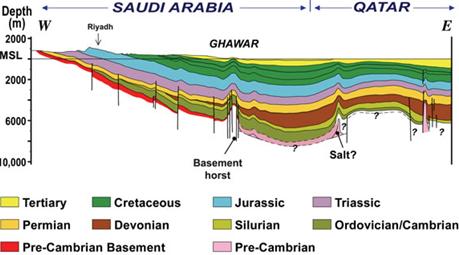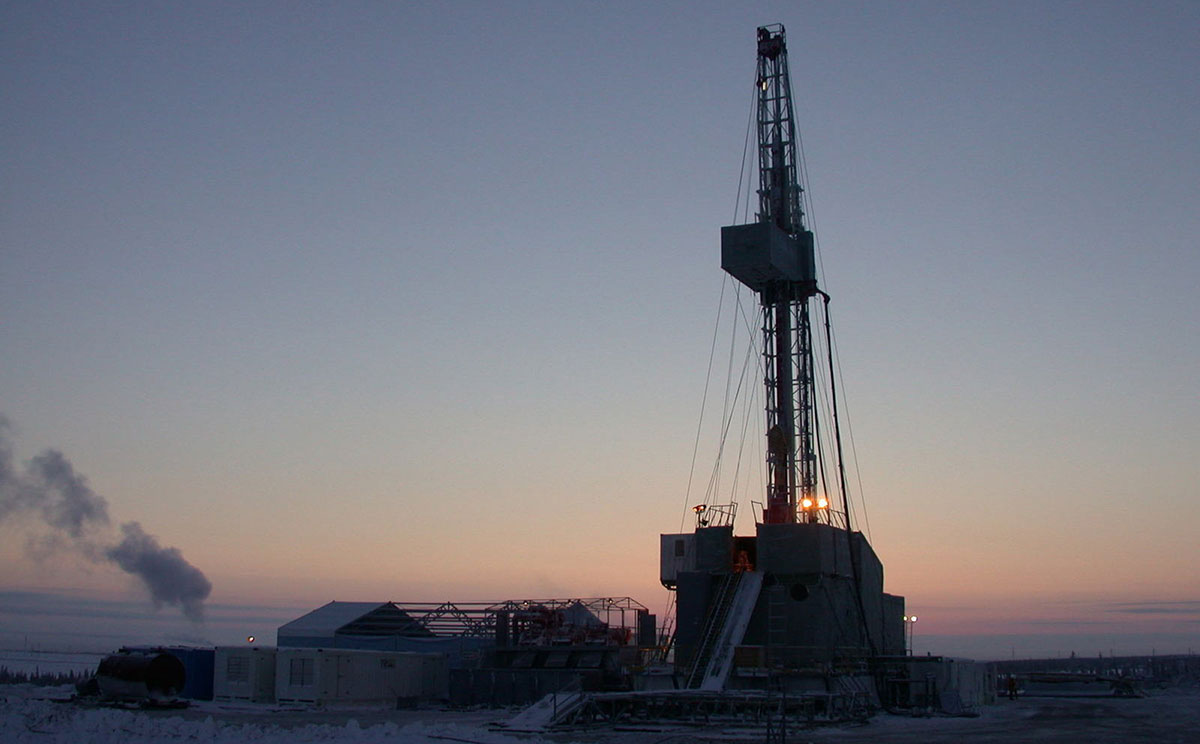Reference




Reference




Moonshot's Answer
Some geologists believe that commercially profitable deposits of abiotic petroleum could be found due to the abiogenic petroleum origin hypothesis, which suggests that petroleum and natural gas deposits were formed inorganically. This theory, developed in Russia and Ukraine, posits that hydrocarbons are formed in the Earth's mantle and migrate to the surface. Despite the scientific consensus favoring a biogenic origin for petroleum, proponents of the abiotic theory continue to explore its potential, driven by the possibility of vast, untapped resources. Notable attempts to find commercial abiotic petroleum deposits include drilling projects in the Siljan Crater in Sweden and the Dniepr-Donets Basin, although these have not yet yielded significant commercial quantities. The theory remains controversial and is not widely accepted in the scientific community, but it continues to inspire exploration efforts in the pursuit of new energy sources. For more detailed information, refer to the Abiogenic petroleum origin article on Wikipedia and the research published in Resource Geology.
Follow Up
Related
What notable achievements did Brian Baker have during his coaching career?
What championships has Dean Canto won throughout his racing career?
When is the first autumn frost typically observed in Crosby, North Dakota?
How does the Netflix adaptation differ from the original battle scenes?
How have First Amendment rights evolved in relation to government employees and restrictions?
Which team won the semifinal match against Academia San Juan in the Liga Departamental de Lambayeque